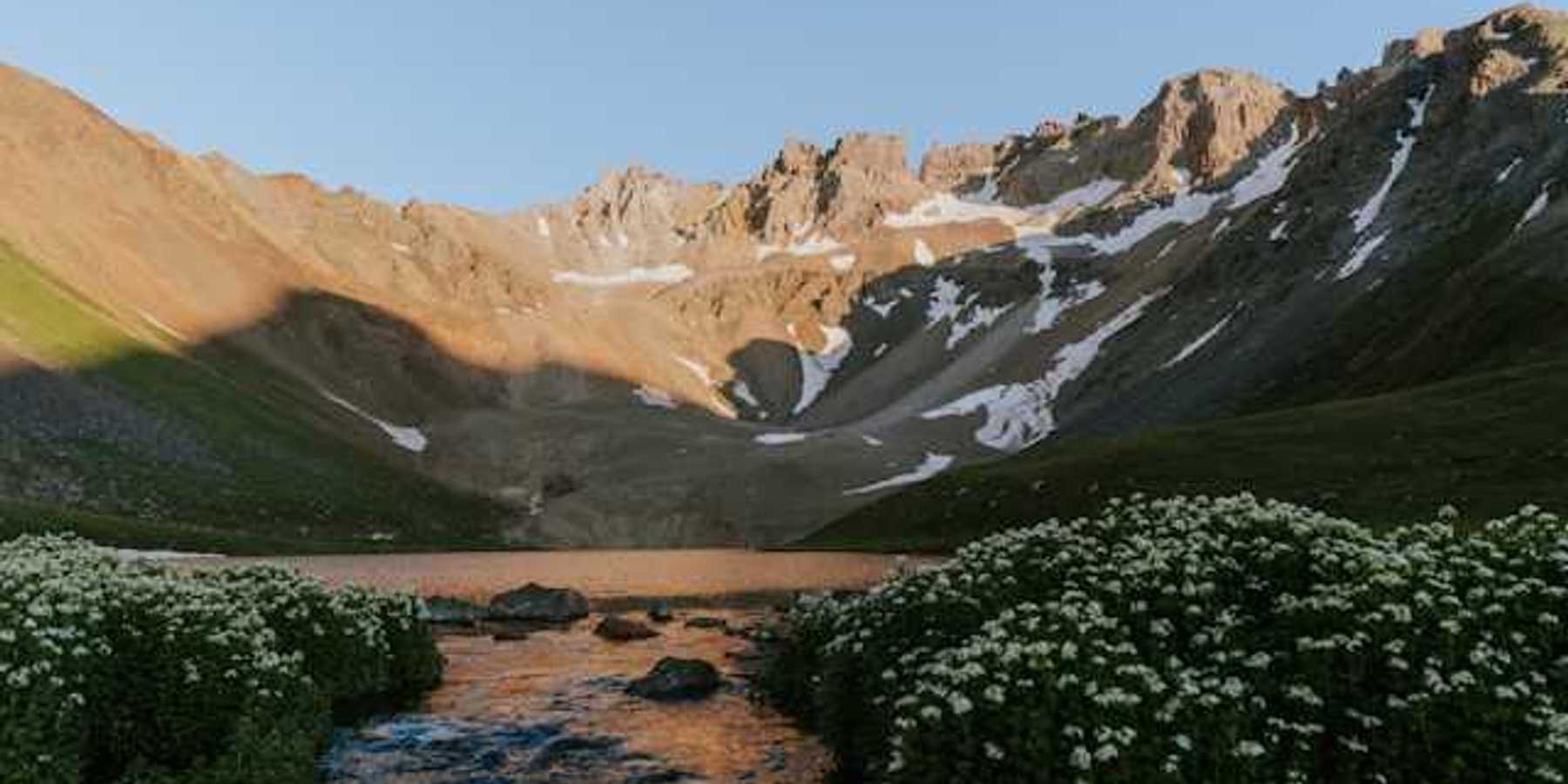EPA's $20 billion venture into clean energy aims to transform communities
The Environmental Protection Agency has launched a $20 billion initiative to support clean-energy projects nationwide, focusing on reducing pollution and advancing climate action, particularly in disadvantaged communities.
Maxine Joselow reports for The Washington Post.
In short:
- The funding, part of the Inflation Reduction Act, targets clean-energy advancements like solar panels and heat pumps, with an emphasis on aiding low-income and minority areas.
- Nonprofits, acting as "green banks," will distribute the funds, leveraging private capital to magnify their impact, aiming to significantly reduce carbon emissions.
- Critics, mainly Republicans, argue the program lacks oversight and risk financial waste, drawing parallels to the Solyndra scandal, while proponents see it as a pivotal step toward environmental justice and clean-energy employment.
Key quote:
"People in these communities are usually what we call the first, worst and hardest-hit by climate change. This can give them the climate resiliency that they deserve."
— Reginald Parker, president of Optimal Technology Corporation
Why this matters:
Clean energy projects, ranging from solar and wind farms to geothermal and hydroelectric plants, hold transformative potential for communities across the globe. At their core, these initiatives aim to replace carbon-intensive energy sources with sustainable alternatives, significantly reducing greenhouse gas emissions and mitigating climate change impacts. Beyond environmental benefits, clean energy projects can also have profound socio-economic impacts on local communities.
Opinion: How financial institutions engineered climate injustice and the clean energy colorline.













